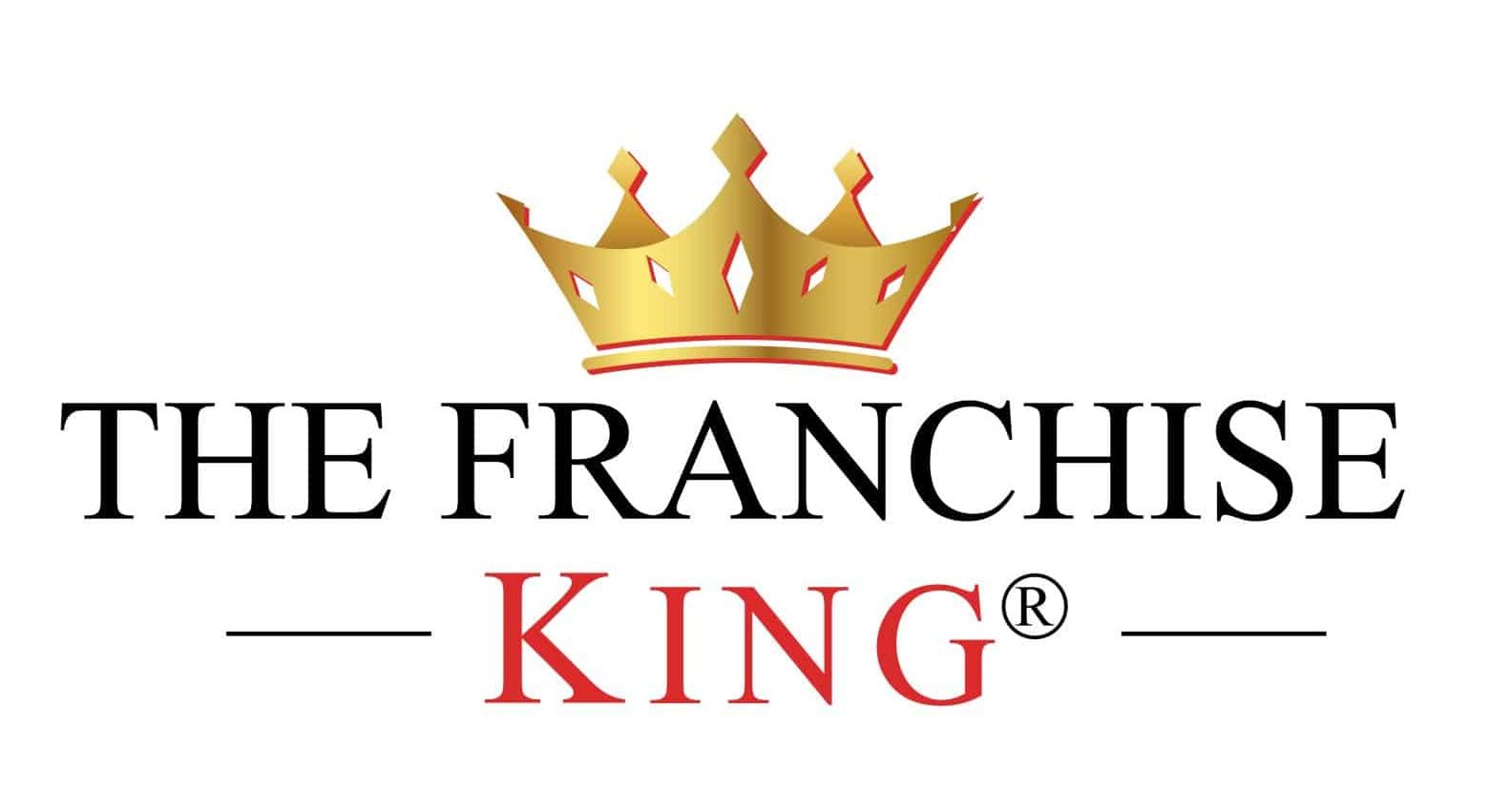
First off, what is Consumer sentiment?
Consumer sentiment measures how optimistic or pessimistic individuals feel about the current and future state of the economy.
Specifically, it reflects perceptions of factors such as the job market, wages, business conditions, and personal finances.
With that in mind, let’s explore consumer sentiment and franchising in 2025.
Why is Consumer Sentiment Important For Franchise Businesses?
- Economic Indicator
Consumer sentiment serves as a vital economic indicator. Policymakers and economists track it closely because it can signal potential economic shifts—such as recessions or booms—before they happen. - Predictive Power
It provides insight into potential changes in economic activity by gauging how likely consumers are to make purchases in the near future. - Impact on Spending
Consumer attitudes directly affect spending on goods and services, influencing franchise businesses and the overall economy. - Business Decisions
Franchisors and other business owners rely on consumer sentiment surveys to understand how their target audiences feel about the economy and their products. This helps businesses adapt to changing conditions and make informed decisions. - Economic Forecasting
Since consumer attitudes are closely tied to spending habits, consumer sentiment plays a critical role in forecasting economic trends for all types of small businesses.
Rieva Lesonsky’s Article Points to a Downward Trend
According to an article written by my friend, Small Business Expert Rieva Lesonsky, CSA reports that the (consumer sentiment) declines in March were felt across all demographics, including age, education, income, wealth, political affiliations, and geographic regions.
Joanne Hsu, the director of consumer surveys for the Index, explains, “Expectations for the future deteriorated across multiple facets of the economy, including personal finances, labor markets, inflation, business conditions, and stock markets. Many consumers cited the high level of uncertainty around policy and other economic factors. Frequent gyrations in economic policies make it very difficult for consumers to plan for the future, regardless of one’s policy preferences.”
That doesn’t bode well for franchising.
And, unfortunately, you won’t hear too much about consumer sentiment from today’s franchising business leaders. Why?
Because of politics.
Which makes no sense.
Because it is what it is.
Bluntly, Trump’s Tariff’s hurt franchising.
And that’s a fact.
As is the fact that lower consumer sentiment and franchising isn’t being talked about by the people who need to speaking out about it.
As usual.
About the Author
The Franchise King®, Joel Libava, is a leading franchise expert, author of "Become a Franchise Owner!" and "The Definitive Guide to Franchise Research." Featured in outlets like The New York Times, CNBC, and Franchise Direct, Joel’s no-nonsense approach as a trusted Franchise Ownership Advisor helps aspiring franchisees make smart, informed decisions in their journey to franchise ownership. He owns and operates this franchise blog.
Note: When you buy through links on this website, we may earn an affiliate commission.









